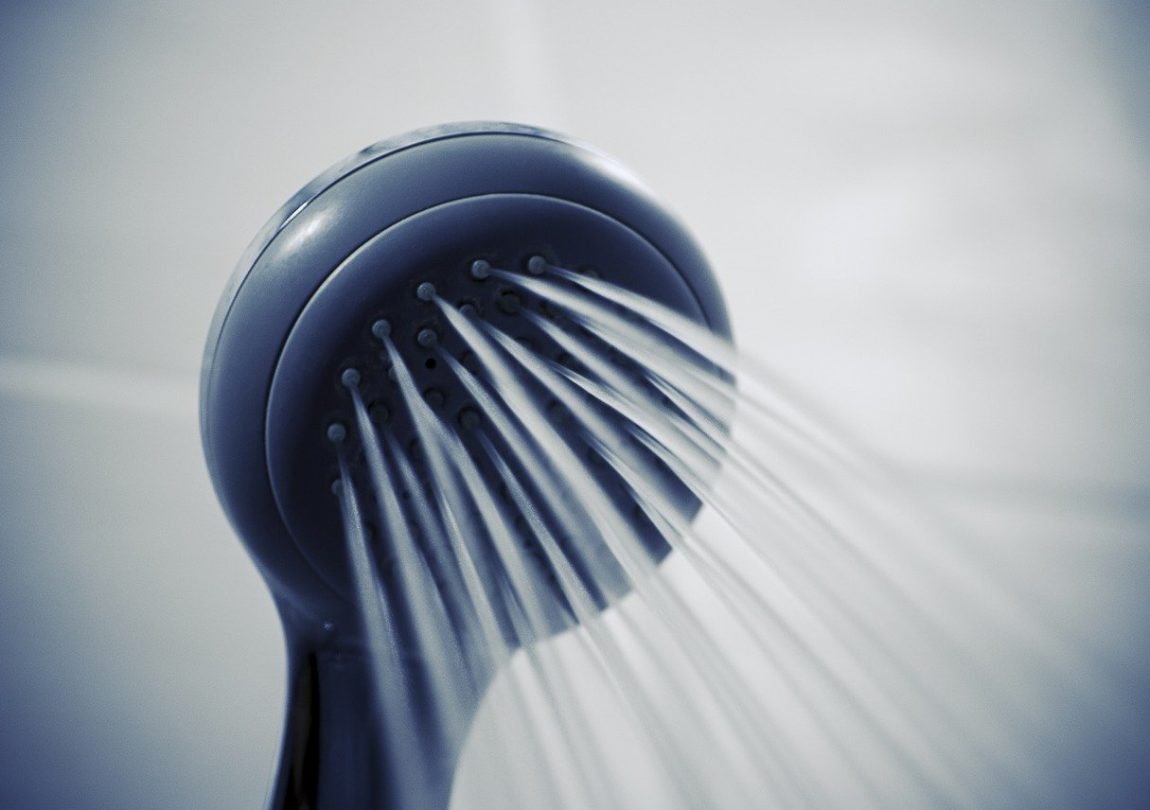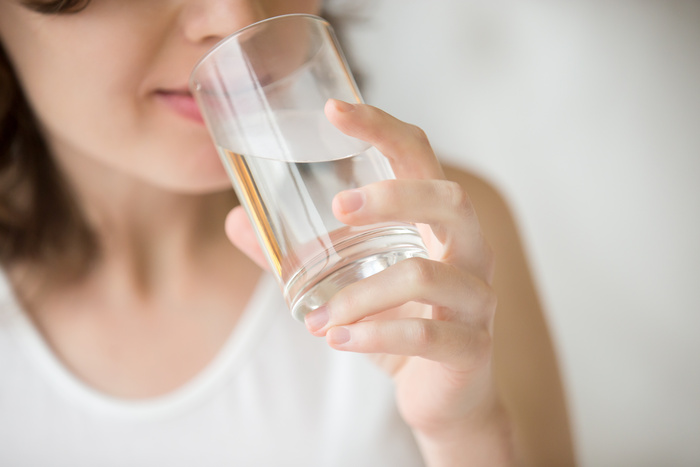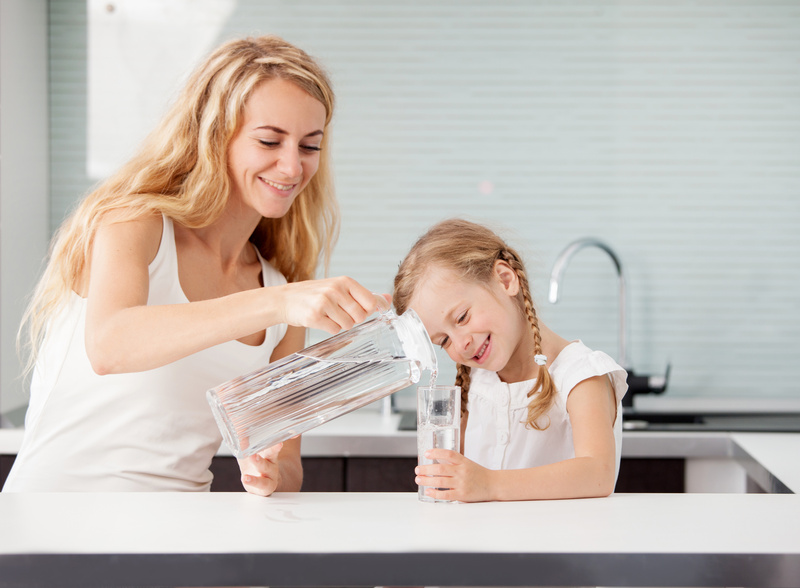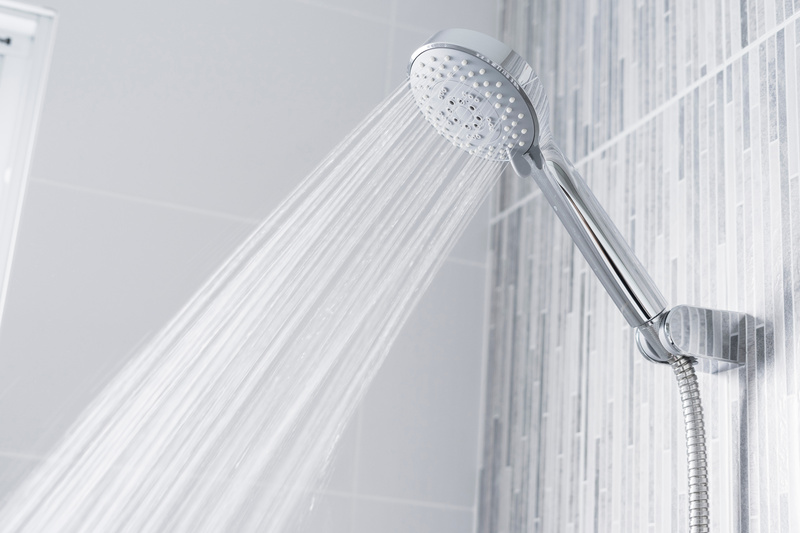When rainwater travels, it collects minerals and holds them as it passes through soil, sand, mountains, limestone, and rocks. As a result, the hard water we get from our tap is packed with minerals, primarily calcium, magnesium carbonates, and sulfates.
Fortunately, hard water is not considered a health risk. Many people consider it advantageous because of its high mineral content. However, over time it can cause inconveniences around your home, such as limescale buildup. These problems can be easily corrected with a water softener system. Let’s look at the effects of hard water and whether purchasing a water softener system is the practical solution.
Limescale Damage
Many individuals experience limescale damage in their homes. This is the white residue found in numerous locations:
- Pipes
- Pots and pans
- Kettles and glassware
- Showers
- Washing machines
Calcium and magnesium are the two minerals that cause limescale buildup. It can do a lot more than leave ugly stains on faucets and porcelain – it can also lead to corrosion. This can result in serious plumbing issues, as you may need to replace large sections of your pipe.
If you’re tired of the unseemly residue and concerned about future damage, you may benefit from purchasing a water softener system. It helps to know the hardness level of your water to buy the correct water softener size for your situation. Contact Coaster Water Energy & Air to request a free in-home water test to find out what’s in your water.
Laundry Problems
Washing your clothes in hard water can distress your linen, making your clothes feel rough and appear dull while your whites look yellow and dingy. It can cause other problems to your laundry, such as:
- Stiffen fabrics
- Leave soil buildup on clothes
- Leave behind white or grey streaks on dark linen
- Weaken fibers – clothes tear easily
Wondering why this happens when you wash your clothes in hard water?
This is because the hard water in your washing machine leaves behind mineral deposits that are destructive to linen. You have two solutions to your laundry problem. You can use significantly more detergent to effectively clean your clothes and prevent mineral buildup, or you can purchase a water softener system that can treat the hard water throughout your home.
The latter may sound like the more expensive solution but consider how much detergent you end up wasting and how often you will need to buy detergent. Over time, that will be the more expensive “solution.”
Low Water Pressure
Did you know that your hard water is probably affecting your water pressure?
Over time, the residue we mentioned before will buildup and clog your pipes, ultimately causing low water pressure.
In addition to decreasing your water pressure, it can impact your hot water. If you notice that it takes a while for your hot water to heat up, hard water may be the cause.
Dry Skin and Flat Hair
The minerals within water don’t get along with soaps, shampoos, and conditioners. When you’re washing your hair in hard water, it becomes difficult to thoroughly clean the dirt, oil, and shampoo from your hair. This often results in:
- Dull, limp hair
- Faded color treatment
- Thinning hair
- Breakage
What can hard water do to your skin?
It primarily dries out your skin, because it’s difficult to rinse off the residual soap. Individuals with sensitive skin and common skin conditions, such as eczema and psoriasis will experience irritations when the hard water dries out their skin. By purchasing a water softener system, you can reduce the mineral content in your water, helping with your skin and hair problems.
Contact Coastal Energy Water & Air
Our water conditioner systems provide intelligent performance and real-time status notifications to ensure soft water continuously runs through your home. When you choose from one of our quality RainSoft water products, all installations are performed by Water Quality Association and Stenner certified technicians.
Before getting started, obtain a complimentary test to find out what’s in your water, contact us here to schedule a test today!











